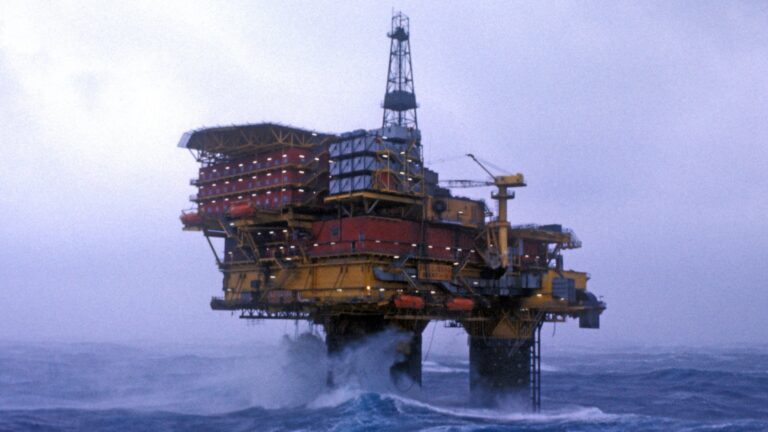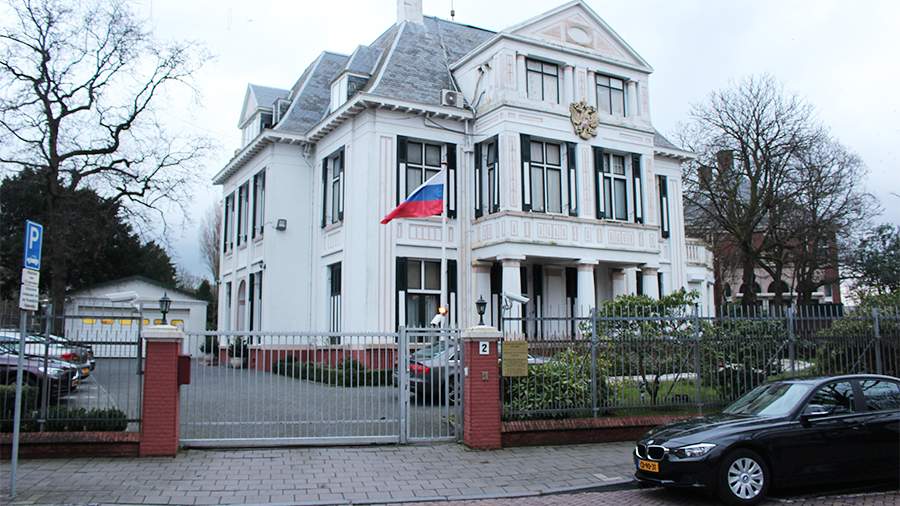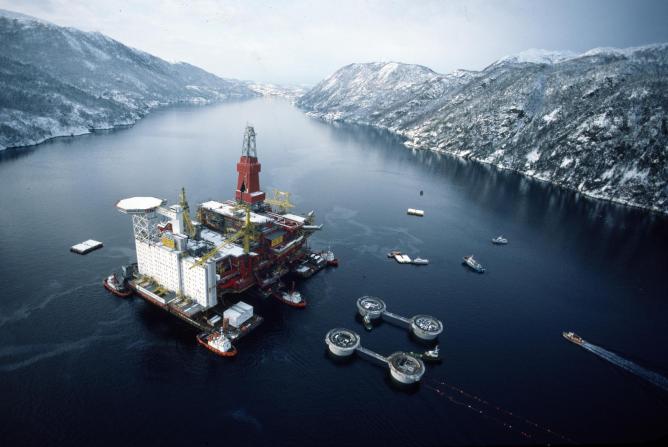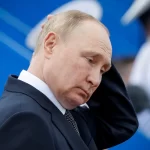The Russian Intelligence Services are “covertly mapping” the energy infrastructure of the North Sea, in preparation for acts of disruption and sabotage, a new report by the Dutch government reads. The 32-page report was published, ahead of the one-year anniversary of the 2022 Russian invasion of Ukraine. It was authored collaboratively by the two main intelligence agencies of the Netherlands, the General Intelligence and Security Service (AIVD) and the Military Intelligence and Security Service (MIVD).
The report notes that Russian spy ships, drones, satellites and human agents are engaged in an unprecedented effort to chart the energy and other “vital marine infrastructure” of the North Sea. The purpose of this effort is to understand how the energy and other key infrastructure works in the North Sea.The term North Sea refers to the maritime region that lies between France, Belgium, the Netherlands, Germany, Denmark, Norway and the United Kingdom. It hosts key energy infrastructure, including oil, natural gas, wind and wave power installations, which supply energy to much of northern Europe. It is likely that the Russians have actively explored the seabed in the last 3 years to collect data, including on offshore energy facilities.
According to the report, Russian intelligence and espionage activities in the North Sea “indicate preparatory acts of disruption and sabotage. These appear to be aimed at energy systems, but also other vital infrastructure, such as undersea power and communication cables, and even drinking water facilities. Consequently, physical threats toward any and all of these facilities should be viewed as conceivable, the report warns.
On Saturday, the Dutch government said it would expel an undisclosed number (believed to be at least ten) of Russian diplomats. It also accused Moscow of engaging in constant efforts to staff its diplomat facilities in the Netherlands with undercover intelligence officers. On the same day, the Dutch government said it would shut down its consulate in Russia’s second-largest city, St. Petersburg, and ordered Russia to shut down its trade mission in the port city of Amsterdam.
With Moscow intensively trying to blame the Nord Stream explosions on Washington, the Russian connection in this act of sabotage becomes more and more clear amid Russian government propaganda. In autumn of 2022-winter 2023, it exploited the issue of energy shortages and anticipation of deep crisis in Europe that should have triggered mass protests, political destabilization and regime change in demands to lift the sanctions on Russia, the Kremlin believed. The report’s findings echo the RLI analytical survey of October 2022 on probability assessment and scenarios for Russian attacks on Norway’s energy facilities. We believe those plans are an interdepartmental task set by top political leaders of the country.

The fading winter reduces the impact of such operations. Geopolitical events around Russia, however, together with race for power in the context of its transfer may trigger an operation by one of Russia’s intelligence agencies to knock out the most of energy facilities in the second half of this year.






